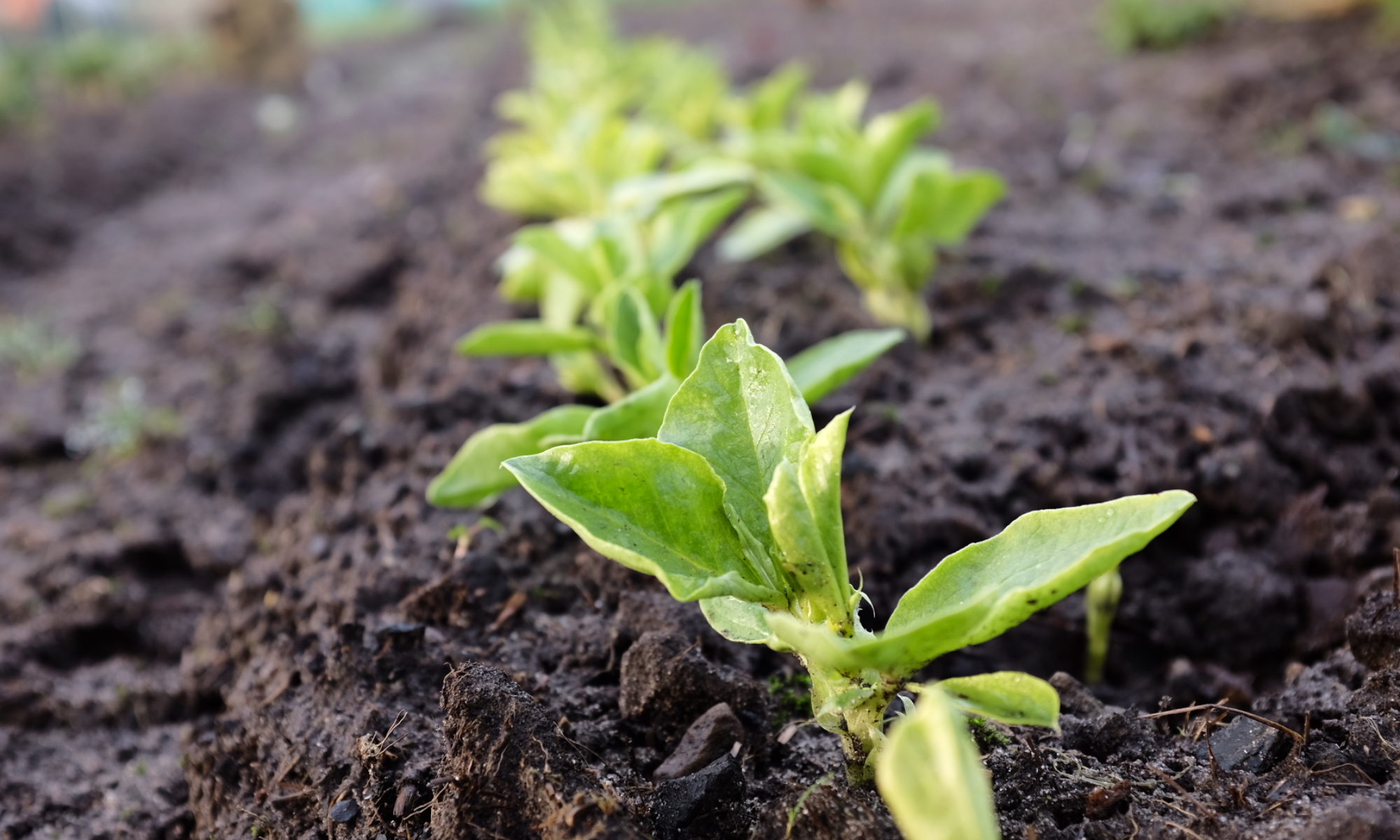
Getting a small scale food growing project like ours off the ground is tough. It is sometimes hard to make the economics work and it’s very physically demanding.
So, why are we doing it, ‘why are we here?’
We are working on a community growing project because:
• This kind of food growing is better for the environment.
• It is environmentally sustainable.
• Giving areas over to wildlife gives space for biodiversity and helps our plants to thrive.
• We want our children and grandchildren to enjoy and learn about nature.
• People should know how and be given the opportunity to grow their own food.
• We don’t want to eat herbicides and pesticides.
• Increasing industrialisation of agriculture is harming out planet and decimating many species of wildlife.
• Growing food by hand keeps us happy, fit and strong.
• 70% of the worlds population gets its food from small scale farmers – we think you should have that opportunity.
There are loads of other reasons I cannot remember as I sit here at the breakfast table, but the above is enough to get me out of bed this morning and make me want to get down to the field and get stuck in.
To subscribe to this blog and get regular updates on how we are growing, just enter your email address in the subscribe box at the top of this page.

Local resilience, food security and food sovereignty are also hugely important issues as we head into an uncertain future faced with climate change and other crises. Community projects such as this perform a vital role in providing solutions to these issues, particularly when governments fall short in their responsibility for urgent, sufficient and appropriate response.
Shortages in courgettes and lettuce are potentially just the tip of the iceberg (no pun intended!) of what is to come in an overly globalised, overly dependant food system, which will increasingly be susceptible to social and environmental shocks and disasters. Local, and home grown food production will help to protect against these problems, helping us to both mitigate and adapt to the effects of climate change.
Hi. All good points Andy which I should add to my list. I don’t think there will have been a time in history when so many of the population have been so disconnected from the growing of the food we eat and the land that provides it. Being an urban farm, Greenslate gives us the opportunity to provide that ‘bridge’ back into what I feel is the real world, the world of nature, soil and seasons.
By engaging with Greenslate, people can not only eat locally produced food, but they can also learn how it grows and how to grow it for themselves. Positive steps to the local resilience, food security and food sovereignty that you opened with.
Thanks for your comments.
Not to mention the benefits to physical and mental health when growing your own! The sense of pride, community, benefits of fresh air on the respiratory system, continued learning-what’s not to love? We’re going to home educate our kids on our allotment plot, where better to learn science, maths (maybe Latin one day!)🙂